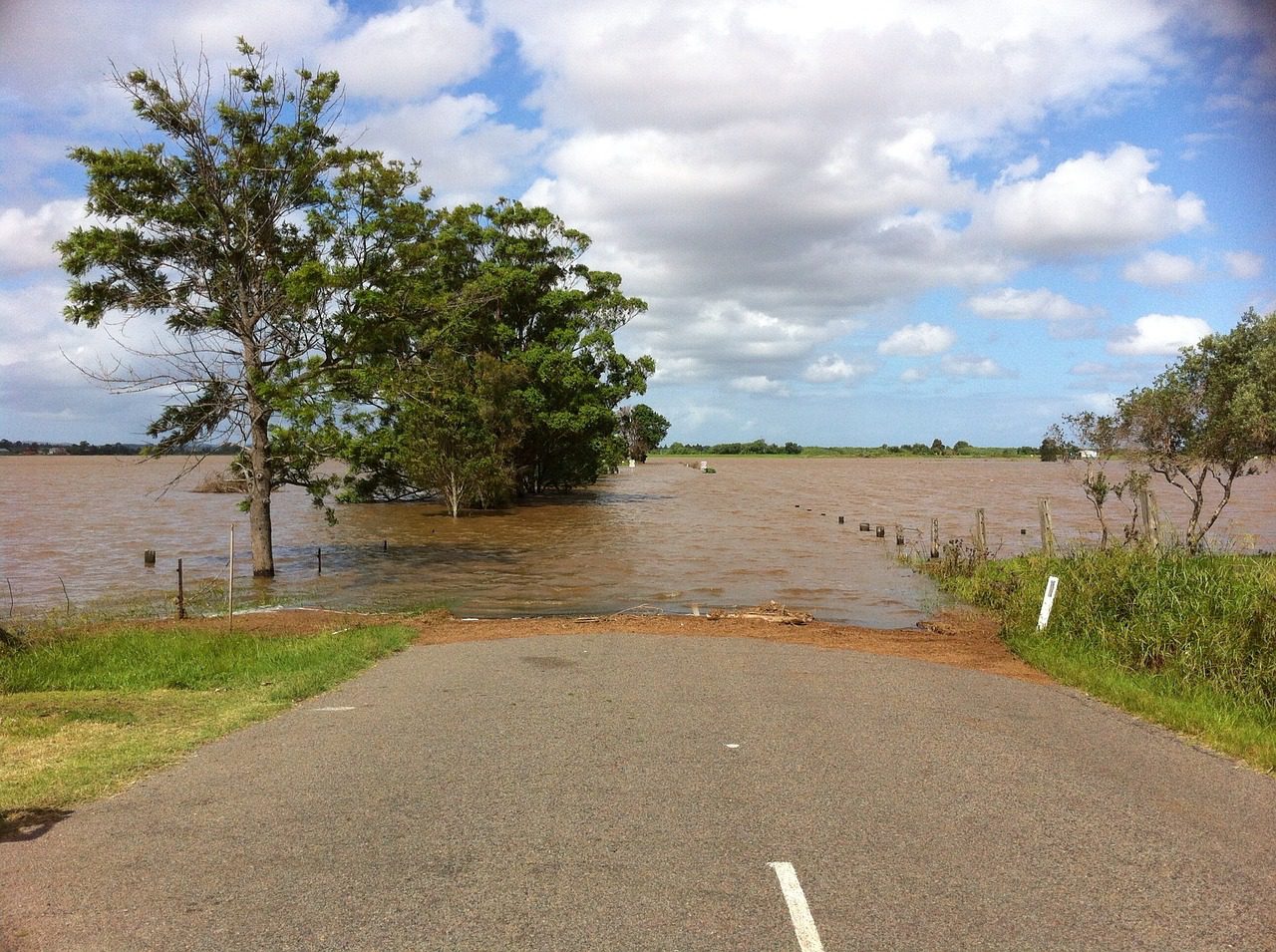Ag experts give tips for dealing with problems from ag pests caused by Hurricane Irma.
Hurricane Irma did a lot of damage to The Sunshine State, and the ag industry was one of the hardest hit by the storm. According a Growing Produce article, many vegetable growers had to re-bed and plant because of the storm, and they were unable to fumigate their beds because of fumigation pre-plant requirements. Find tips below from ag experts to deal with ag pests that could show up because of the lack of fumigation.
Tips for Dealing With Ag Pests
Growers are dealing with the damages caused by ruined planting beds. “They can’t do everything exactly how they’d like, and I am concerned there will be some problems for them down the road,” Calvin Arnold, UF/IFAS Director of the Southwest Florida Research and Education Center, said in the article. “They know that. They are very experienced and know they are playing Russian roulette. But they can’t sit around for three weeks waiting.” Solutions offered from the article include:
Ag Pests: Weeds
Ramadas Kanissery, an Associate Professor of weed science for UF/IFAS, said, “All vegetable fields are not the same with respect to what species of weeds are found in them. Depending on whether the fields have grasses or broadleaf weed species, as well as the particular species involved, make a huge difference in potential crop profitability. Generally, grasses may consume more nutrients than broadleaf species, while the tall, broadleaf species interfere with pesticide operations.”
He maintained that two factors will determine weeding pressures
- The weed profile of the field and what species of weeds have been historically found in the field.
- Field topography.
Kanissery maintained that monitoring was essential. “Check fields regularly to monitor new weed development, and make a field map of these weed locations and use the information toward planning next year’s weed control program,” he said in the article. “Careful attention to row middles is necessary as well since fertilizer leaching from the beds has probably occurred as a result of heavy rains associated with the storms.”
He also suggested a bioassy test of flooded soil before making it a plant bed to test for herbicides and more. “Herbicide bioassay is a technique used to identify if the herbicide is present in soils at concentrations high enough to inhibit germination and affect crop growth,” he said in the article.
Disease Ag Pests
Professor of plant pathology with UF/IFAS, Dr. Pam Roberts, shared knowledge of a field’s history, and observation are key to fighting disease ag pests. “If the history of the field is known, then growers could probably expect to see the same soilborne disease(s) manifest,” she said in the article. “The environment also will have an influence. For example, with the rain and cooler temperatures, we might see an increase in diseases favored by these conditions…”
Griffin Fertilizer is committed to helping both growers and ranchers make sound agronomic and economic decisions in order to maximize the health of their grove and pasture. As a full-service custom dry & liquid fertilizer blender and crop protection product distributor, we will continue our mission to further advance Florida agriculture. For questions or concerns about your farm or pasture, contact us and one of our team will be in touch.

